Understanding ADHD
Attention-deficit hyperactivity disorder—ADHD—is a common condition that impacts focus, self-control, concentration, emotional responses, and organizational skills. Close to 10 percent of children in the United States between the ages of two and 17 are affected by the disorder; around 388,000 (or 2.4 percent) are two- to five-year-olds, reports the Centers for Disease Control and Prevention (CDC). Sometimes referred to as ADD (attention-deficit disorder), the condition is caused by differences in brain anatomy and wiring.
However, the behaviors that can indicate ADHD are normal in toddlers: “Children at these young ages are naturally more physically active, less focused, and it’s not reasonable to expect that they do the kinds of things we require of older children,” says Nicole Beurkens, PhD, a psychologist at Horizons Developmental Resource Center in Caledonia, Michigan.
It wasn’t until 2011 that the American Academy of Pediatrics set criteria for diagnosing ADHD in children as young as four years of age. Recently, the ADHD guidelines were updated and published in the journal Pediatrics; the authors point out that spotting ADHD requires a careful assessment of the child’s behavior in a variety of settings while also considering the parents’ medical history—starting with:

You had—or have—ADHD
A review of studies published in the Journal of Abnormal Child Psychology shows that one-quarter to one-half of parents of children with ADHD have the disorder themselves. Although there’s no genetic test for the disorder, a parental history can be helpful with a diagnosis.
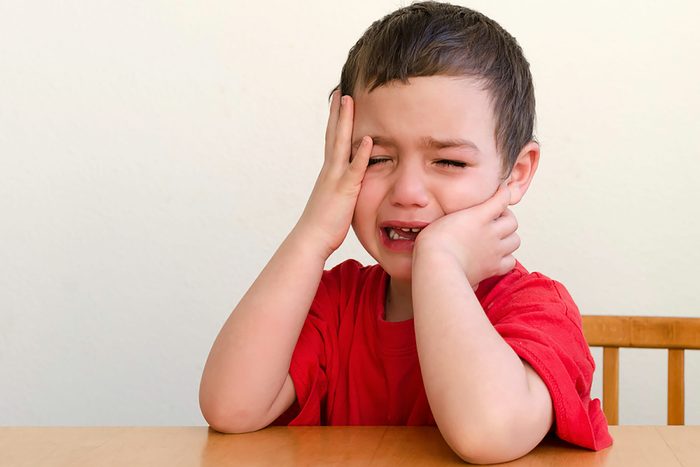
Your toddler has off-the-charts temper tantrums
There are the “terrible twos” and then there’s the behavior that falls outside the range of what’s developmentally appropriate. “Signs that would make me wonder whether something else, not just ADHD, is going on include very intense, explosive, prolonged temper tantrums,” says Eugenia Chan, MD, MPH, director of the ADHD program at Boston Children’s Hospital, and assistant professor of pediatrics at Harvard Medical School in Boston, Massachusetts and a co-author of the new guidelines. Other signs? “Concerns that the toddler’s unpredictable and/or aggressive behaviors pose a safety risk to self or others.”
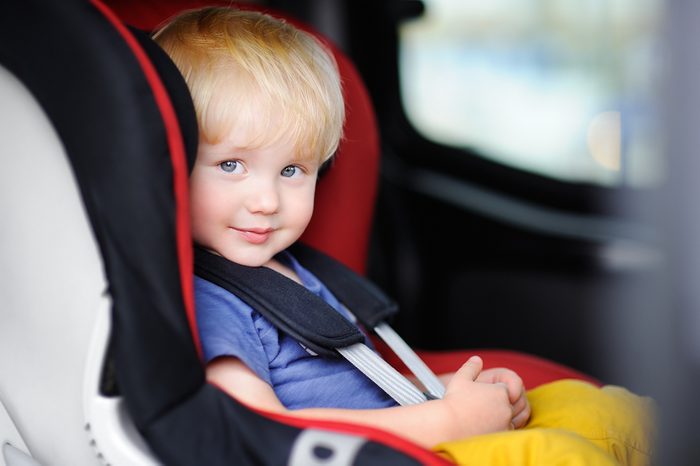
Your toddler likes to daydream (a lot)
ADHD symptoms can look different at different ages and vary from child to child, warns Dr. Chan. Not all kids with ADHD are hyperactive and impulsive; some, in fact, may seem as though they’re off in their own world, or “daydreamy.” This form of the condition used to be called attention-deficit disorder (ADD), but is now known as inattentive ADHD. It’s more common in girls.
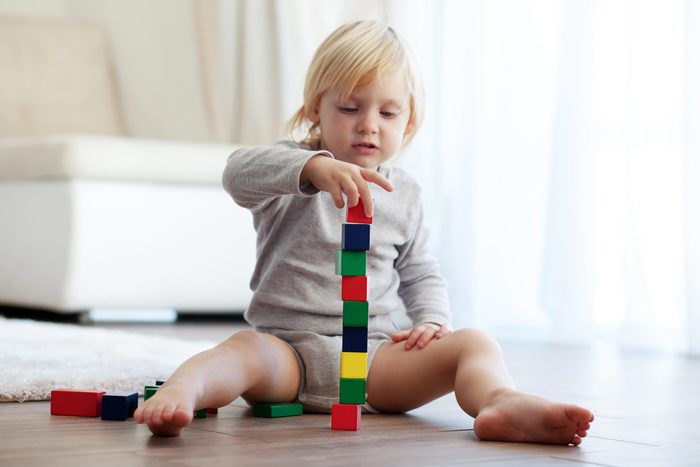
Your toddler is hyper-focused
Another way that ADHD can manifest in a way that doesn’t sync up with what’s considered typical ADHD-like behavior: extreme focus. “As compared to toddlers their age, signs that may indicate ADHD include a short attention span for situations and tasks that are not stimulating and hyper-focus for tasks they find stimulating,” says Roberto Olivardia, PhD, a clinical psychologist and lecturer at Harvard Medical School in Boston, Massachusetts. Here are some other ADHD myths everyone gets wrong.

Your toddler is anxious, depressed, or has a learning disability
A review of studies published in 2017 in BMC Psychiatry showed that psychiatric disorders and learning disabilities are more common in kids with ADHD. “Some of the same symptoms you see with ADHD you also see in anxiety, depression, and learning disabilities,” says Mark L. Wolraich, MD, professor emeritus at The University of Oklahoma Health Sciences Center in Oklahoma City, Oklahoma, and lead author of the American Academy of Pediatrics 2019 guidelines for treating children with ADHD. “You should identify if those co-occurring conditions or alternative causes need to be addressed. Many times treatment for ADHD won’t resolve all problems.”

Your toddler has trouble focusing
Preschoolers aren’t in a setting that requires them to focus on learning so it’s less obvious when they shift focus from one thing to another. “Instead, their lack of concentration will show up in daily routines and in play,” says Amy Lawson Moore, PhD, research director of Gibson Institute of Cognitive Research, in Colorado Springs, Colorado. “Red flags include a pattern of frequent inability to sit during mealtimes, squirming during quiet activities like being read to, being in constant motion, rapidly changing engagement with different toys, and refusing to nap.”
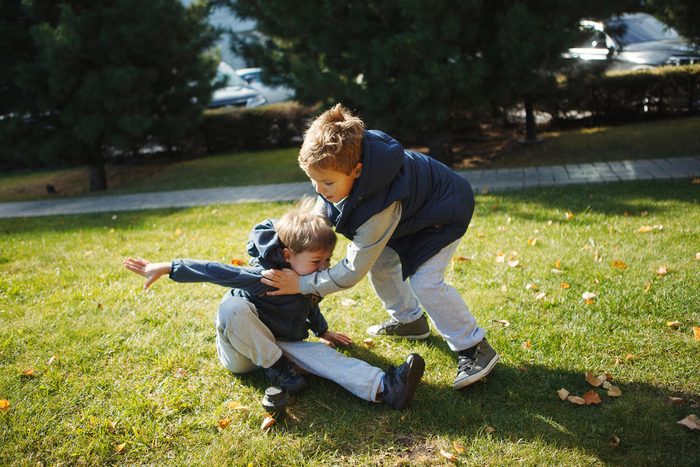
Your toddler is impulsive
Sure, your child is still learning self-control, “but a pattern of excessive impulsivity may indicate a problem if the toddler frequently acts fearless and dangerous in play, makes excessive noises, talks way too much, interrupts others constantly, and has poor control over body movements,” says Dr. Moore. Additional signs: running into the street without looking first for traffic; frequently has trouble taking turns; or often calls out answers before a question is complete.
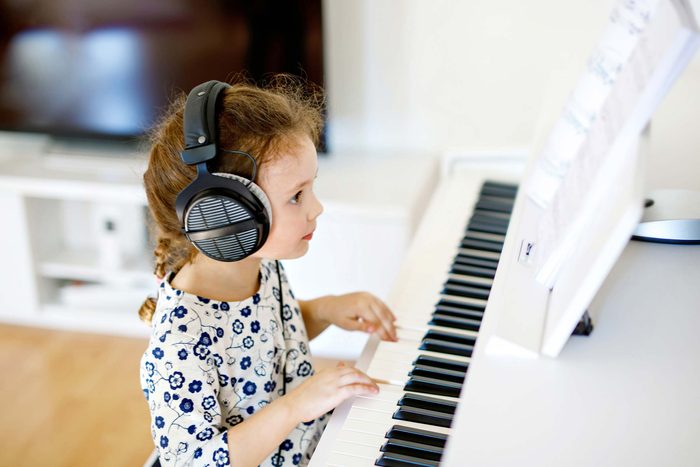
ADHD therapy works
Whether your toddler has true ADHD or ADHD-like behavioral problems, research suggests that Parent-Child Interactive Therapy (PCIT, for short) is an effective treatment strategy. A study published in the Journal of the American Academy of Child & Adolescent Psychiatry found that PCIT improves the well-being of both parents and children with ADHD, and significantly reduces a child’s disruptive behavior. If the child’s symptoms don’t improve, doctors may suggest a low-dose ADHD medication—but again, this is only for children four years of age and older: There are no treatment guidelines for children under four.

